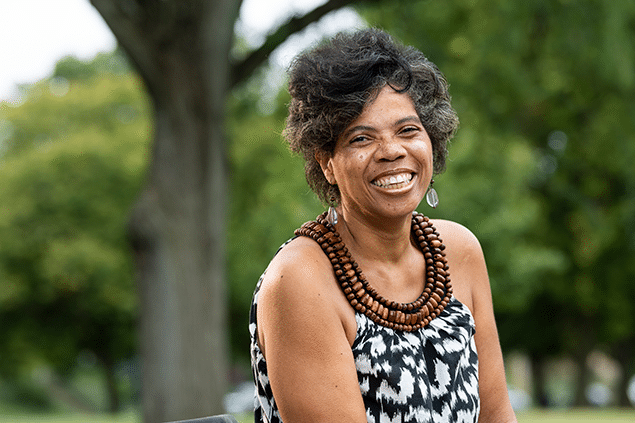Women’s Health
Want to learn more about this at Kettering Health?
September is National Gynecological Cancer Awareness Month. This month, women are encouraged to schedule a well-woman exam and any appropriate screenings. These are the best tools for early detection to see what follow-up, if necessary, may be needed. As women age, they need to consider different kinds of screenings.
Dr. Matthew Knecht, a radiation oncologist with Kettering Health, highlights the key screenings based on a women’s age.
“There are multiple organizations that make recommendations for when screening should begin, who should receive them, and when the screenings should stop,” explains Dr. Knecht. “Specific questions or concerns regarding screenings should always be discussed with your doctor.”
What women in their 20s and 30s should consider
“Using the United States Preventive Services Task Force (USPSTF) recommendations as a guide,” explains Dr. Knecht, “a woman in her 30s should undergo cervical cancer screening and should discuss genetic risks.”
Dr. Knecht recommends women talk with their OB-GYN about the HPV vaccine before they turn 26. Along with HPV tests, women should schedule a Pap test every three to five years. Dr. Knecht also recommends women talk to their doctors about their family history and risks concerning ovarian and endometrial cancers.
What women in their 40s should consider
Dr. Knecht explains that women in their 40s should continue routine screenings for cervical cancer. Women should continue discussing their genetic risks for gynecological cancers with their doctors.
More specifically, women should schedule an HPV test and a Pap test every five years or a Pap test only every three years.
Dr. Knecht recommends women report any ongoing abdominal swelling; digestive problems; pain in the abdomen, pelvis, back, or legs; or a constant need to urinate, which may be related to ovarian cancer.
What women 50 and older should consider
Women younger than 65 should schedule an HPV test and a Pap test every five years or a Pap test every three years. For those over 65, if they’ve had three or more consecutive normal HPV and Pap tests, or a total hysterectomy, they can stop cervical cancer screening. And after menopause, women should report to their doctor any unexpected bleeding or spotting.
Along with routine gynecological screening, women should also schedule annual mammograms starting at age 40, which is the best way to detect breast cancer early.









